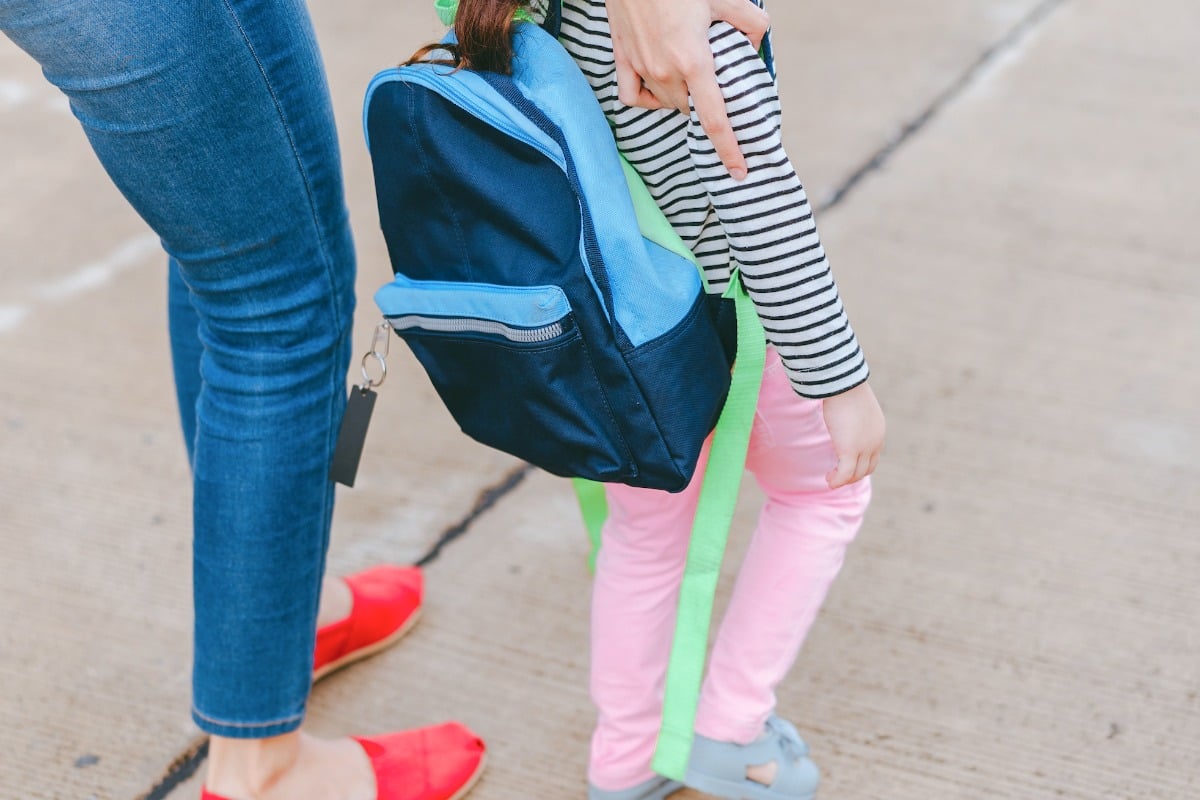
So, apparently ‘Sherpa’ parenting is a thing.
According to the theory, the term ‘Sherpa’ parent (borrowed from the Himalayana people living on the borders of Nepal and Tibet – renowned for their skill in mountaineering and used to help ferry personal items in rugged terrain) loosely means a parent who carries things for a child capable enough to do it for themselves.
This is different to a concierge parent, who refuses to permit their child to face any natural consequences, or a snowplough parent, who bulldozes any obstacles out of their child’s way.
No, the sherpa parent is more akin to a butler…or a bell boy. This is how one mum described the problem with the sherpa parent:
“Why do mums carry multiple children’s backpacks, tennis racquets, band instruments into and out of school? I fully understand those bags get heavy, especially for the little ones. ‘As a mother’, I hooked my fair share of backpacks on prams when my children were little.
“But doesn’t there come a time when carrying their own bags is part of learning about responsibility?”
The expert’s concerns with parenting in 2019.
So what’s the problem with sherpa parenting, or any of the aforementioned other types of parenting we see in 2019?
Author of Soft Teens and Teen Brain David Gillespie told Mamamia that over the years, parents have been gradually shifting more and more in the direction of over-parenting.
“Parenting advice splintered in the 70s, but there was a dominant theme – being increasingly more child-centric,” he told Mamamia‘s podcast, The Quicky.
“The focus has been on maximising the quality time they get with their kids,” and that’s often to the child’s detriment if it means all of their experiences are positive because they’re getting their way constantly.

Top Comments
Aren't these just names ("Sherpa parent", "Concierge parent", "Helicopter parent" etc) that describe assorted maladapted behaviours that arise from a single problem?